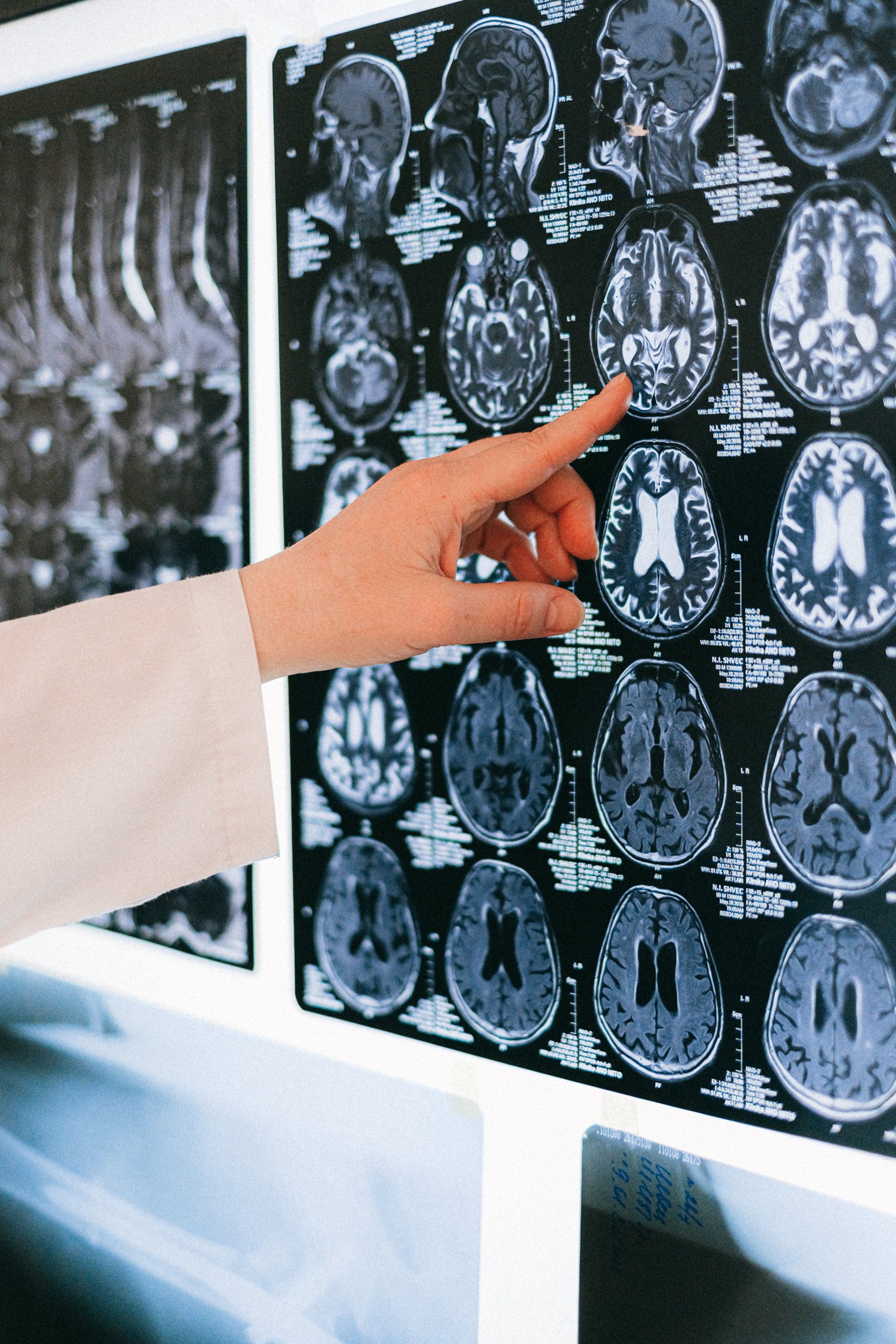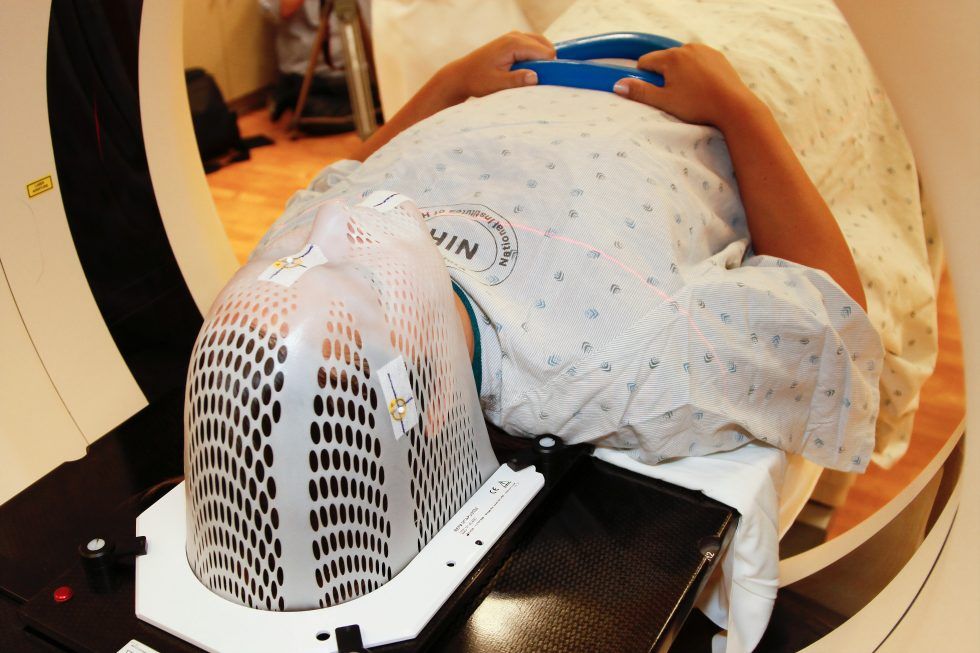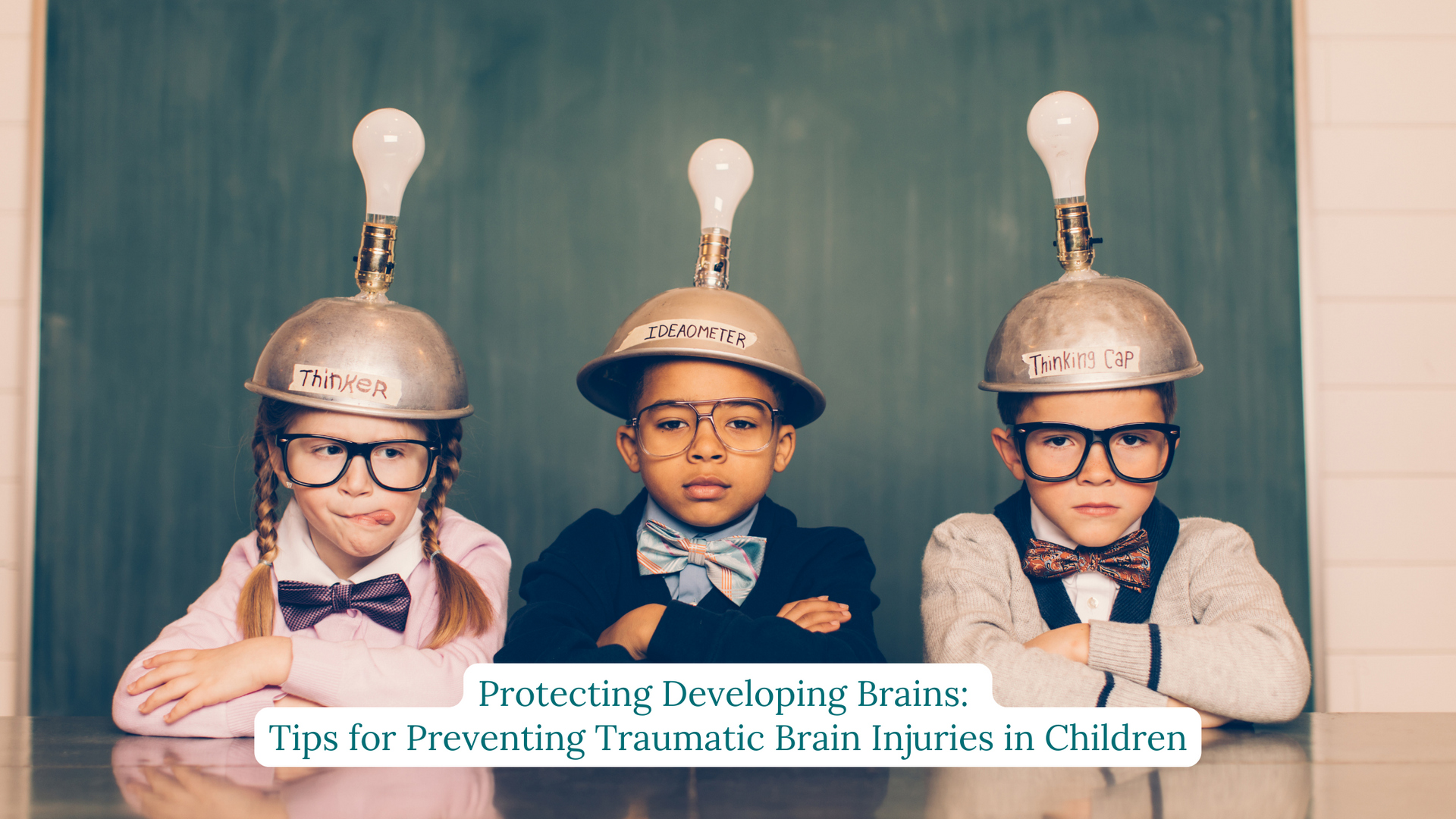How To Take Preventative Measures Against TBIs
Traumatic brain injuries are an all too common occurrence in modern society, particularly amongst young people. With so many sports and related activities to take part in, it is often difficult to protect the head region of the body to the extent that it needs to be. If you have ever cared for someone with a brain injury, you will likely be doing everything you can now to keep it from happening to anyone else that you know. With that in mind, you will want to continue reading to learn more about measure you can take to help prevent brain injuries from occurring in the first place.
Buy the Right Equipment
Certain sports require protective head gear of one sort or another. It is important to understand that simply putting a helmet on your child’s head is not enough. You must make sure the helmet is made of the proper material and that it has undergone extensive testing to ensure that it does its part to minimize the risk of a head injury. When it comes to most sports, you will want to look for a seal of approval from the American Society for Testing and Materials (ASTM). You should be able to see a sticker on the equipment itself that indicates the organization approves it.
If your child participates in the following sports, even on a purely recreational basis, it is recommended that a proper helmet or head gear be worn at all times while participating.
- Baseball
- Softball
- Wrestling
- Skiing
- Hockey
- Football
- Horseback Riding
- Riding a skateboard or scooter
- Using a gas or electric powered recreational vehicle
Do not allow you child to talk you out of wearing a helmet for any reason. One fall can result in a traumatic brain injury that takes years to recover from.
Other Ways to Prevent a TBI
There are many other ways to prevent a traumatic brain injury from occurring beyond wearing the proper head gear. To begin with, young children should be constantly supervised when taking part in any type of physical activity. They should also not be permitted to take part in any sports that are not suited for their age. If you see playground that has a hard or cement surface, avoid allowing them to play on it. There is simply not way to guarantee that they will not fall and hit their head on the hard surface.
Water is another area of concern. While we commonly associate drowning accidents with water based activities, many head injuries also occur as well. To help prevent these, you will want to make sure that you follow all the posted instruction signs at water parks and swimming pools. This goes for public beaches as well. It is important that nobody try to dive into a body of water that is less than 12 feet deep. Diving should never be permitted in above ground pools either.
Conclusion
Children need to be active. As parents, you want them to enjoy the outdoors and playing with their friends. Competitive sports are also a part of growing up. At the same time, it is important to keep them safe and to minimize the risk of brain injury. The tips presented in this post are designed to do exactly that.














